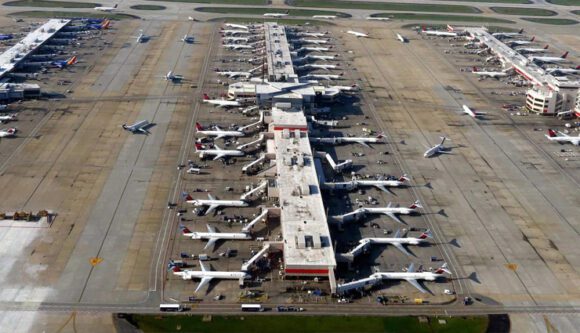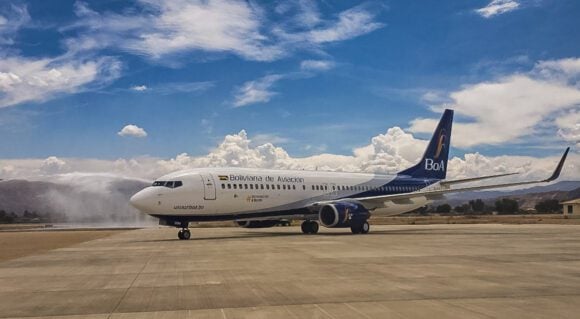Airline fuel surcharges have begun to largely disappear. Carriers have eliminated them as oil prices remain low. But there are a few airlines that are hanging on to fuel surcharges, and some, like Qantas, that built surcharges into their base fares and haven’t significantly adjusted them downward. Why do some airlines maintain fuel surcharges and why haven’t they shared the benefit of lower prices with consumers? There are several reasons:
First, some airlines are still paying higher fuel prices. Those that hedged future oil purchases at higher prices are stuck paying those high prices. Fortunately, most of those contracts expire by mid-2016. But some airlines are still paying much more than spot prices for oil. Hedging works well when prices are going up, but not so well on the way down.
Second, some airlines have concluded that maintaining higher fare levels on routes that aren’t competitive may be a way to gain additional profitability. Airline revenue management models are quite sophisticated. Markets that are relatively inelastic to pricing will likely see fares maintained at higher levels that might otherwise be expected.
Third, airlines are trying to rebuild tattered balance sheets after a decade of high oil prices, recessions, and other exogenous factors that resulted in earlier losses, and capitalize on the current potential for profitability as much as they can. They will try and maximize profits for as long as they are able to withstand competitive and consumer pressures.
Bottom Line:
With most carriers now having dropped fuel surcharges, those few remaining carriers with surcharges will need to rapidly adjust their pricing to remain competitive, despite fuel hedges that backfired when oil prices fell. While that may negatively impact their short-term profitability, it is a competitive necessity. Look for those last few remaining hold-out carriers to fully drop fuel surcharges by mid-year, as their hedging contracts expire.
Views: 0




One report I saw claimed that the reason for fuel surcharges at some airlines is they are taxed differently (lower) than the rest of the ticket. That can reduce the overall price paid by the consumer versus the competition, or let the airline keep more the money for the same final total price.
Airlines are paying a commission to travel agency’s and web site that are selling tickets, that commission is paid on the base fare of the ticket and not on the final price including all the surcharges. Therefore, airlines that are reducing there base fare instead of the surcharge are also reducing the total commission they have to pay to tiers ticket sellers.
Airlines have come up with a disguised name for them. Particularly with some members of the Star Alliance.
Easily identified in their fees totalled onto reward (?) / award mileage flights.
Now called ‘carrier’ surcharge(s)’ the two initiators of this changed adjective are Air Canada and Lufthansa.
Airlines don’t pay commission to travel agencies in the US, at least not the way they used to. What few travel agencies that are still around charge customers to issue airline tickets
Exzellent Information,thanks